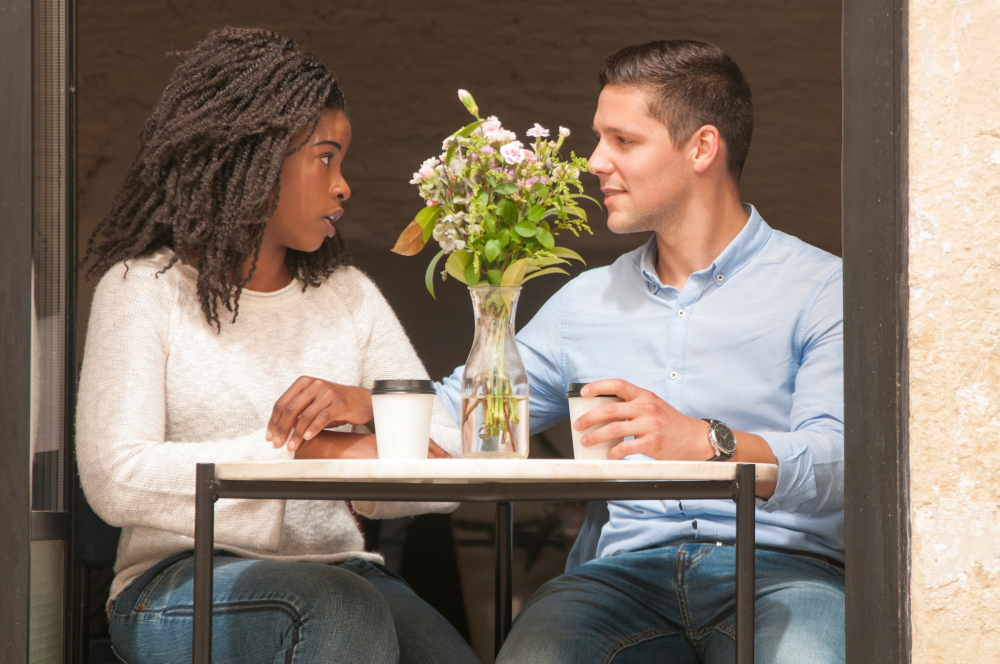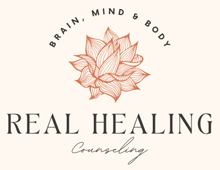Relationship & Intimacy Issues
So what is complex trauma? Complex trauma happens repeatedly over time and usually in the context of relationships in our childhood.
Does this sound like you?
You want to be in a loving relationship. But when you’re presented with this closeness, you get really uncomfortable. The idea of being vulnerable freaks you out. Or maybe you’re even thinking “Vulnerability, what’s that? And how do I even do it?”
You fear that if you truly get close to someone, they’ll know you and if they know you, they’ll leave you.
Perhaps when you are emotionally close to your partner, it gives you the *ick*. Too much eye contact feels weird and gives you feel this really strong desire to pull away. Maybe even to run.


Or maybe relationships make you really anxious. You obsess about your partner. You can’t stop wondering if they like you. You may even find yourself changing things about yourself or trying to be a certain way so they will love you. You want their love badly. You crave it. You feel anxious when your person is away from you. You check your phone constantly to see if they called or texted. And when you finally receive it, you feel so much better. And if they don’t call. Ugh, all bets are off. Your night is completely ruined. You feel super sad, maybe even abandoned and unlovable.
You get really scared when you have to speak up and ask for what you want and need. Or maybe you don’t even really know what you want or need. You feel super uncomfortable if there is a disagreement or differences in your relationship. You don’t know how to navigate conflict so you push them and your partner away, never coming to any resolve. Or maybe you explode and it all comes out sideways, turning simple differences into a major fight. Again, with no resolve.

Some examples of the *stuff* that gets in the way of intimacy and healthy relationships
How can therapy help you heal your relationship and intimacy issues:
Therapy allows the space to explore the roots of our attachment issues and our relationship history. We can gain insight and begin to identify our patterns and triggers. The therapist helps guide the resolution of any relational issues or traumas that may be getting in the way of you having the relationship you so desire. Through our work together, we support you in releasing toxic shame, building healthy self-esteem, and fostering a healthy and secure relationship with yourself.
You may be wondering, why are you talking about building a relationship with myself when I am seeking to build relationships with others? The relationship with yourself is the foundation of all other relationships. If we do not know our authentic self, how can we share it with another? If we do not have the ability to soothe ourselves, we may be completely dependent upon our partner to soothe us and that’s scary because our partner is not going to be available for us 24/7. We also may avoid relationships because the fear of pain is so great. But if we know how to soothe ourselves and have our own back, we will be able to tolerate those moments when our partner is imperfect.
We can also support you in expressing yourself in a healthy way so disagreements and conflicts can become opportunities to strengthen the relationship with your partner rather than a chaotic fight with no resolution.
